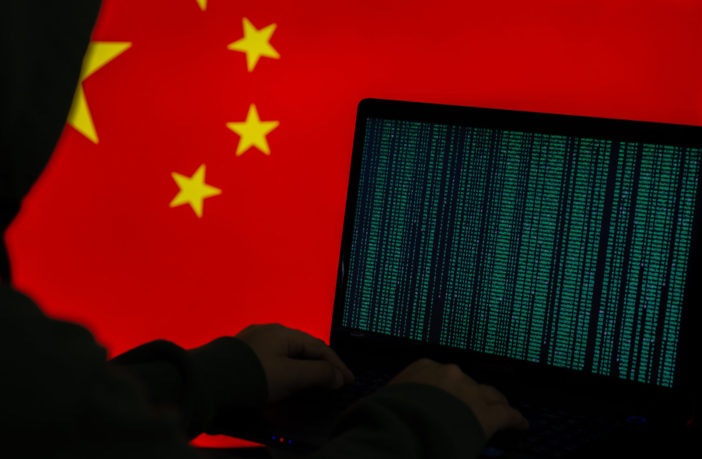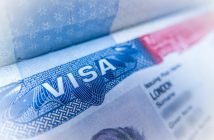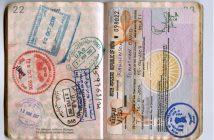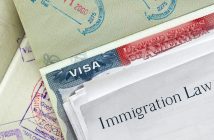Is one country monopolizing and abusing the EB-5 program, which allows wealthy foreigners to pay for American citizenship for as little as $900,000? Two members of the House Judiciary Committee, Ranking Member Jim Jordan (R-Ohio) and Guy Reschenthaler (R-Penn.) penned a letter to the Government Accountability Office (GAO) asking that they review China’s suitability for this flawed golden visa scheme.
The EB-5 program began in 1990, allowing wealthy foreigners to earn U.S. citizenship by investing money in a U.S. business that creates at least 10 permanent jobs for American citizens. Immigrant investors can save money by funding projects in targeted employment areas (TEAs), which theoretically have high unemployment rates or are in areas of lower socioeconomic status. In the past, developers heavily gerrymandered the TEAs so that investors could cheaply invest in wealthy parts of Manhattan and Los Angeles. Fortunately, the Trump Administration changed the TEA designation parameters in a 2019 rule.
But the program still has a slew of issues. One takes on renewed geopolitical importance regarding our country’s relationship with China. The EB-5 visa is one of the most popular visas for wealthy Chinese trying to come to the United States. Our government knows very little about their relationship to their country’s powerful and authoritarian Communist Party (CCP). Jordan and Reschenthaler wrote to Gene Dodaro, the Comptroller of the United States, asking for the GAO to:
- Examine Citizenship and Immigration Services’ (USCIS) improvements to detect fraud in the EB-5 program, as well as the CCP’s efforts to avoid fraud detection;
- The extent to which the CCP has utilized the EB-5 program for its members to obtain immigrant visas;
- The statutory and programmatic gaps in the EB-5 program’s authorities that hinder USCIS from considering national security concerns in its adjudication of EB-5 related petitions and applications; and
- The cumulative amount of EB-5 investment funding derived from the CCP or investors associated with the CCP.
Jordan and Reschenthaler note that the GAO previously examined the EB-5 program in 2016. That report noted that fraud was a notable concern in the program. But the representatives also note a significant issue – USCIS cannot deny or revoke a regional center determination on the basis of national security. That is a glaring problem, considering the creeping realization that the United States and China may be entering a second cold war.
This GAO study proposal comes at a crucial time. China is arguably the United States’ largest geopolitical rival and accounts for more than 80 percent of all EB-5 visas granted between 2012 and 2018. It is naive to believe that wealthy Chinese who immigrated using the EB-5 do not have any connections to the Chinese Communist Party. Membership in the CCP is crucial to success in business and politics, with George Washington University professor Bruce Dickson noting that “If you are not in the party, there is definitely a glass ceiling.” It is hardly a stretch to suggest that many of China’s EB-5 recipients have close connections to the totalitarian apparatus running the country.
The EB-5 program continues to generate controversy. Fortunately, there is bipartisan consensus that the program needs reform. Senators Chuck Grassley (R-Iowa) and Patrick Leahy (D-Vt.) introduced S. 2540, The EB-5 Reform and Integrity Act which would provide greater oversight to the program and ensure that the program does actually lead to job creation in economically distressed parts of the country.
Are wealthy Chinese investors abusing the EB-5 program and potentially creating national security concerns due to their relationship to the Chinese Communist Party? It is hard to imagine that such activity is not occurring. This request to the GAO from Jordan and Reschenthaler will hopefully shed new light on this possibility.




